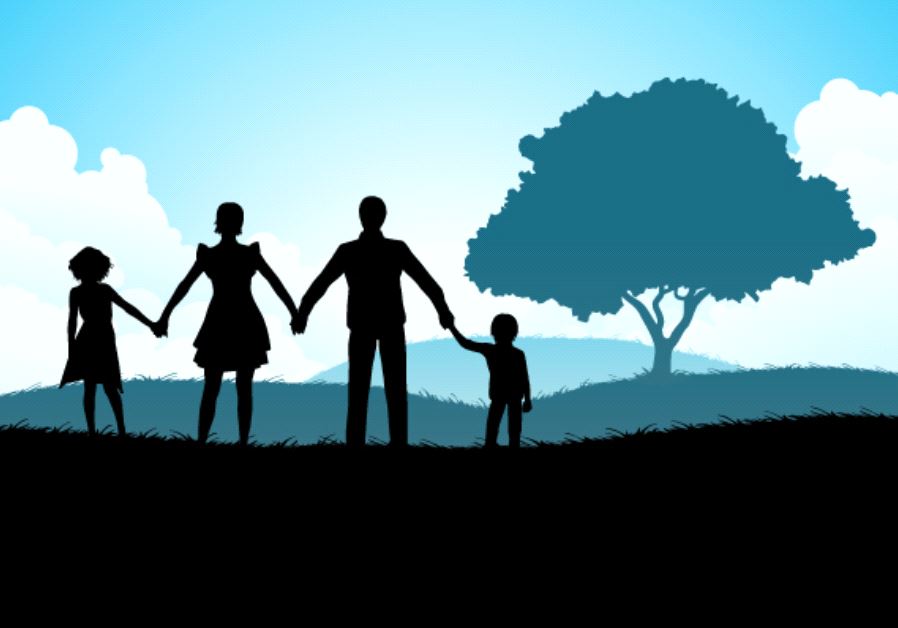Families who have lost loved ones to suicide at high risk themselves
When families who suffered such a tragic loss managed meaningfully to share their sorrows with other people, they coped with their loss much better.
 (photo credit: ING IMAGE/ASAP)Updated:
(photo credit: ING IMAGE/ASAP)Updated: